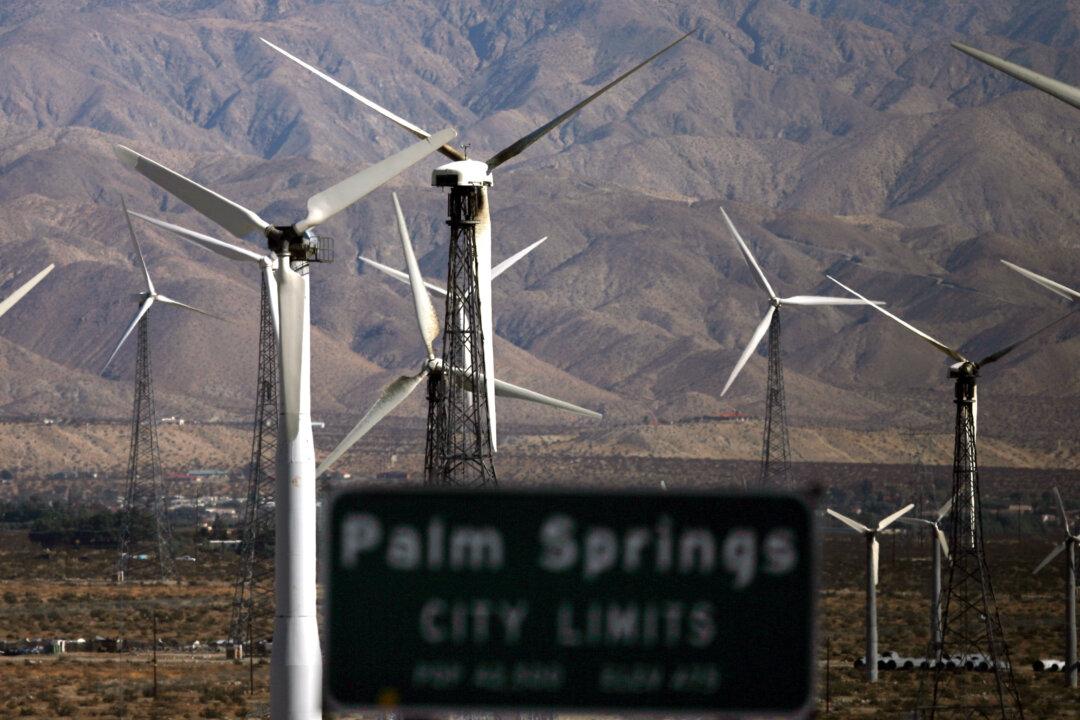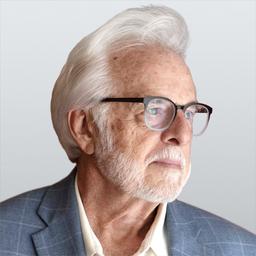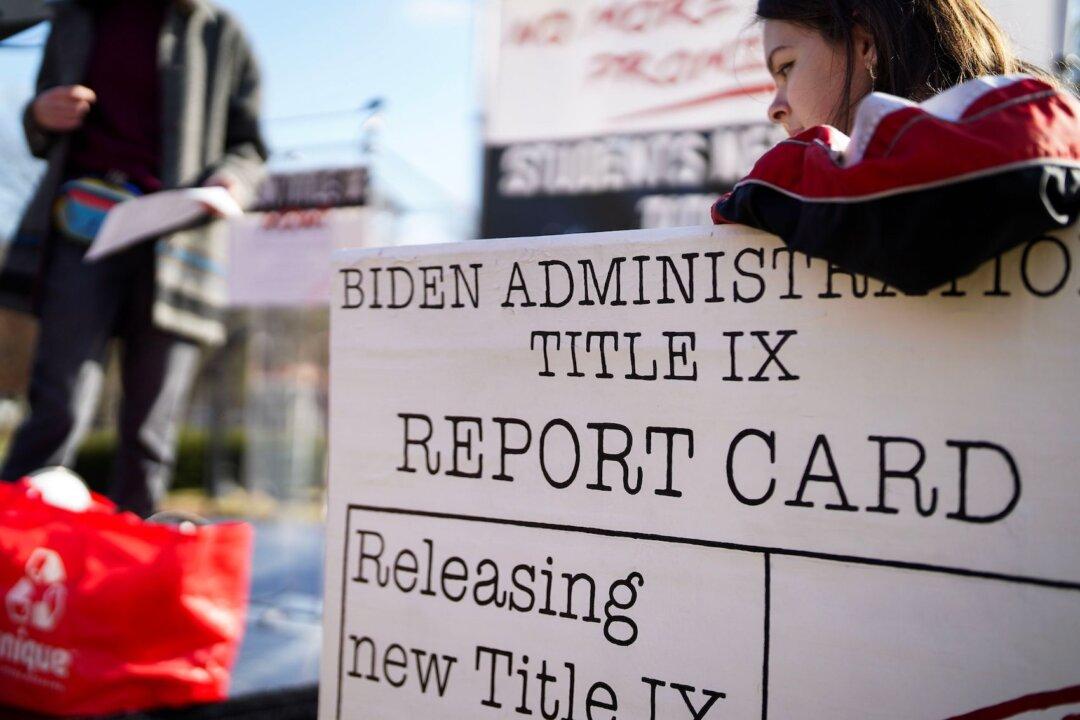Commentary
If you liked gas lines after the Colonial Pipeline was shut down by a hacking—or if the rolling blackouts last summer in California were your idea of fun—you will love what the international global warming warriors at the International Energy Agency have planned for us.





